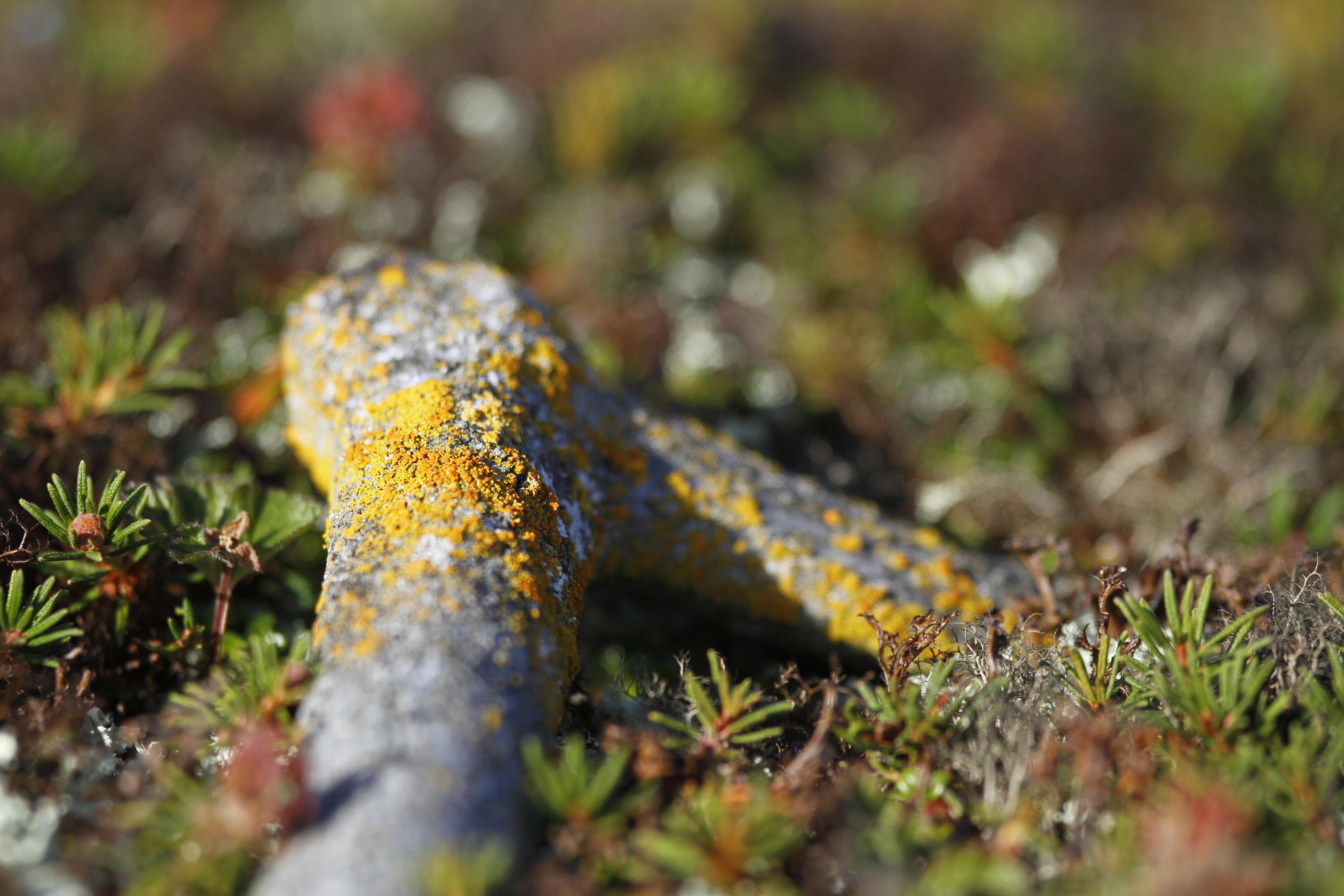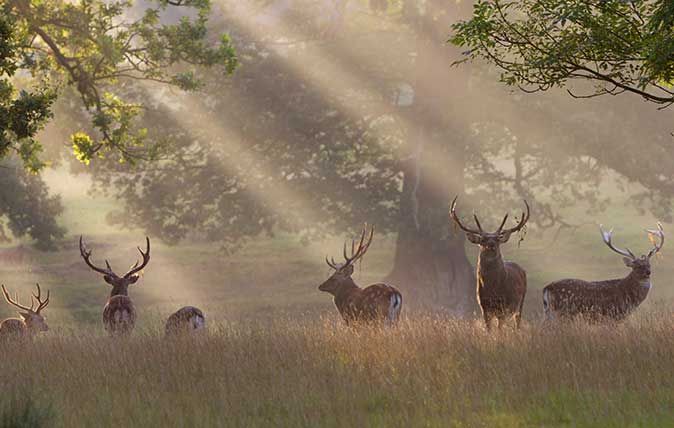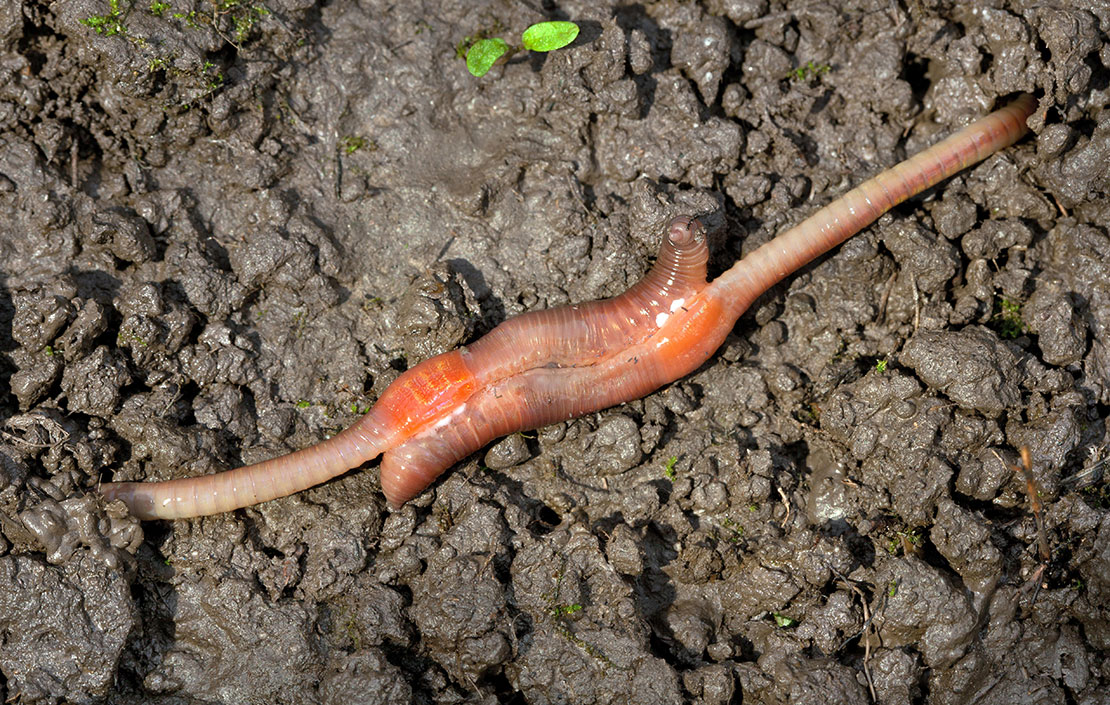Jason Goodwin: Dogs, lichen inspectors and the ticks that look like Hitler
Our columnist Jason Goodwin feels the thrill of meeting a true subject matter expert — and comes across away with his head fizzing with pleasure.

Exquisite houses, the beauty of Nature, and how to get the most from your life, straight to your inbox.
You are now subscribed
Your newsletter sign-up was successful
From a distance, I thought I saw a labrador sitting patiently in the sun, but, on closer approach, it coalesced into a person of indeterminate gender, rising and falling, apparently worshipping the sunken sarsens that litter the Valley of Stones. With the solstice not far away, I wasn’t entirely surprised, but my dogs didn’t like it.
Dogs are squares, creatures of habit and convention. Like dull-witted policemen, they harbour suspicions. Difference disturbs them. Backpackers silhouetted against the sky, like monstrous hunchbacks; people with sticks, or large, floppy hats. They’ve been known to make angry little starts at people who merely limp, so pagans randomly prostrating themselves before rocks are the very Devil in a dog’s eyes.
Before I knew it, they were rushing the pagan and he was rising to his knees with a wary expression on his face — and a short white beard. Our eyes met. I said: ‘Are you a lichen inspector?’
Jocular, but acute — I get these flashes sometimes. I gather clues like Sherlock Holmes and make my deductions accordingly. Pagans don’t trim their beards so much, wear Lycra or carry a magnifying glass on a lanyard.
‘I study lichens,’ the lichen inspector agreed cautiously, subtly correcting my pronunciation.
I had said lichen to rhyme with Hitchin. He, knowing better, rhymed it with hikin’ or bikin’ and so, for the next half an hour, that was the pronunciation we used. ‘Actually,’ he added, ‘it’s not so much lichens themselves that interest me as the fungi they support.’
I felt that familiar pleasant buzz starting up at the back of my head as it does every time I listen to a specialist warming to a theme about which I know almost nothing. It’s something to do with the distance between their enthusiasm and my ability to absorb the information they impart so ingenuously. AA men, for instance, and opticians often give me the buzz, as did the lichen expert. I’m expected to listen and need to say nothing beyond the occasional encouraging grunt.
Exquisite houses, the beauty of Nature, and how to get the most from your life, straight to your inbox.
'I’m slow on lichens, but I know enough about ticks to make your own head buzz'
He handed me a jeweller’s loupe and told me where to look. The stone was smooth and covered in various grey and yellow lichens. The lichen expert had visited the valley almost 30 years before, when the rock lichens were exactly the same.
These sarsens, he explained, are incredibly hard, so they attract a certain kind of lichen that will have been living on the same rock since the ice age that deposited them in our valley. Rock lichens are fantastically old, almost immortal. ‘What’s different now,’ he said, rolling up his sleeves and peering gloomily at his bare forearms, ‘are the ticks.’
That levelled the playing field. I’m slow on lichens, but I know enough about ticks to make your own head buzz. Round here, they sequester the tip of every frond of grass, waiting to drop into your wellington boots as you brush by.
You notice them first as an itch before you spot that familiar black dot, with a moustache, clamped to your skin. Vinegar, tweezers, the anti-clockwise twist — I generally yank them off. They’re still small, but they get bigger on the dogs and they come off looking very like Hitler.
The ticks seem to get worse every year, as do the diseases they carry. A friend of ours treats her Lyme disease with a near-daily dose of bee stings. Every month, she receives a little box through the post containing about 30 tired old bees. They live on water and sugar until her husband puts one on her back and encourages it to sting, after which it dies.
The sting, he tells me, has antibiotic properties and works at a level small enough to enter cells and destroy the pathogens lodged inside. It’s making my head fizz already.

Credit: Alamy
Jason Goodwin: On wardrobes, spontaneous combustion and burning Vladimir Putin
Our columnist takes his life into his own hands by witnessing the ceremonial destruction of Russian premier Vladimir Putin.

Credit: Alamy
Jason Goodwin: How to turn a majestic but unlucky deer into a freezer-full of meals
Our columnist Jason Goodwin makes the most of a bit of A35 roadkill – with a little help from Christian Dior.

Jason Goodwin: On 1930s gardeners, the tragedy of tree diseases and the sexual habits of earthworms
Our columnist Jason Goodwin is handed a gem of the past, only for it to lead him to a dismal